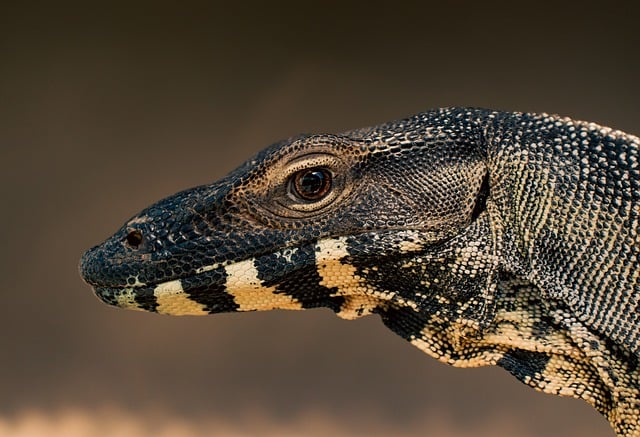The health and well-being of reptiles rely heavily on a balanced diet that includes essential vitamins. A deficiency in these vitamins can lead to a range of health problems, from mild to severe. In this article, we will delve into the world of reptile nutrition and explore the key vitamins that are crucial for their health.
Reptiles have different nutritional needs than humans and other animals, and a lack of essential vitamins can have serious consequences. Vitamins such as calcium, vitamin D3, and vitamin A are particularly important for reptiles, as they play critical roles in maintaining strong bones, healthy skin, and optimal immune function.
Calcium is an essential mineral for reptiles, and it plays a critical role in the development of strong bones. A deficiency in calcium can lead to a range of health problems, including weakened bones, metabolic bone disease, and even death. Reptile owners should provide their pets with a high-quality commercial diet that contains adequate amounts of calcium, or supplement their diet with crushed eggshells or cuttlebone.
Vitamin D3 is another essential vitamin for reptiles, and it plays a critical role in the absorption of calcium from food sources. A deficiency in vitamin D3 can lead to a range of health problems, including rickets, osteomalacia, and secondary hyperparathyroidism. Reptile owners should provide their pets with a source of UVB light, which helps to stimulate the production of vitamin D3 in the skin.
Vitamin A is an essential nutrient for reptiles, and it plays a critical role in maintaining healthy vision, immune function, and reproductive health. A deficiency in vitamin A can lead to a range of health problems, including impaired vision, weakened immune systems, and reproductive problems. Reptile owners should provide their pets with a high-quality commercial diet that contains adequate amounts of vitamin A.
Other essential vitamins for reptiles include vitamins B2, B5, and E. These vitamins play critical roles in maintaining healthy skin, coat condition, and overall well-being. A deficiency in these vitamins can lead to a range of health problems, including skin lesions, lethargy, and weakness.
Reptile owners should also be aware of the risks associated with over-supplementation. Over-supplementation can lead to a range of health problems, including metabolic bone disease, kidney damage, and even death. Reptile owners should always follow the recommended guidelines for supplementation and consult with a veterinarian or experienced breeder before making any changes to their pet’s diet.
In addition to providing essential vitamins, reptile owners can also take steps to promote overall health and well-being. Providing a clean and safe environment, ensuring adequate humidity and temperature levels, and offering plenty of hiding places and visual barriers can all help to reduce stress and promote optimal health.
A balanced diet is critical for maintaining the health and well-being of reptiles. A diet that is deficient in essential vitamins can lead to a range of health problems, from mild to severe. Reptile owners should always prioritize their pet’s nutritional needs and seek professional advice if they have any concerns.
In conclusion, essential vitamins play a critical role in maintaining the health and well-being of reptiles. By providing a balanced diet that includes these essential vitamins, reptile owners can help to promote optimal health and prevent a range of health problems. Remember, always consult with a veterinarian or experienced breeder before making any changes to your pet’s diet.
Essential Vitamins for Reptile Health
Key Points:
- Calcium is an essential mineral for reptiles and plays a critical role in the development of strong bones.
- Vitamin D3 is necessary for the absorption of calcium from food sources and plays a critical role in maintaining healthy bones and teeth.
- Vitamin A is essential for maintaining healthy vision, immune function, and reproductive health.
- Other essential vitamins include vitamins B2, B5, and E, which play critical roles in maintaining healthy skin, coat condition, and overall well-being.
Steps to Promote Reptile Health:
- Provide a balanced diet that includes essential vitamins and minerals.
- Ensure adequate humidity and temperature levels in the enclosure.
- Offer plenty of hiding places and visual barriers to reduce stress.
- Monitor your pet’s health closely and seek professional advice if you have any concerns.
Conclusion:
A balanced diet that includes essential vitamins is critical for maintaining the health and well-being of reptiles. By providing a balanced diet, reptile owners can help to promote optimal health and prevent a range of health problems.

